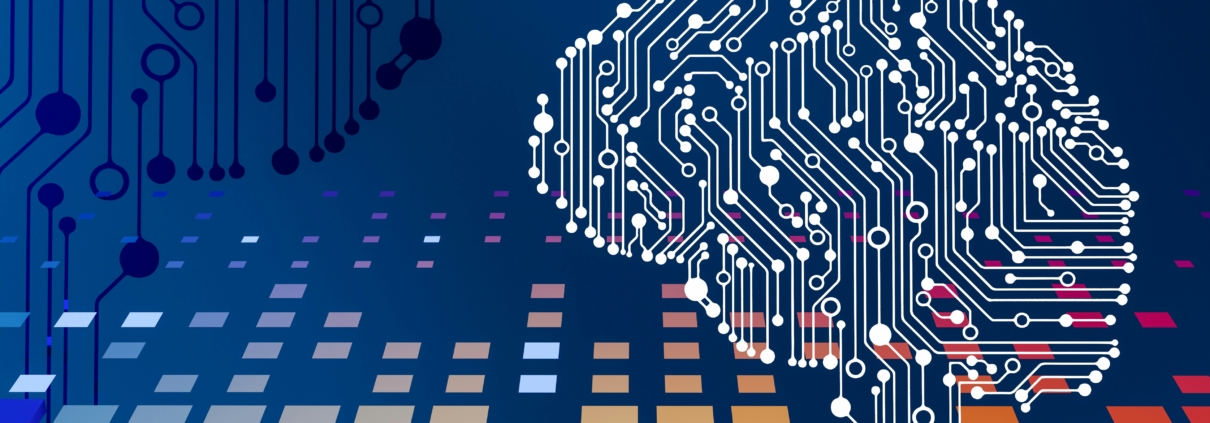ChatGPT is a chatbot that was released in November 2022 and it has certainly got people talking. Some say it heralds the demise of lawyers, among other professionals, because of its ability to answer questions and draft documents. We tested it for ourselves and while we believe it does have implications for lawyers, we do not recommend doing away with your legal advice just yet.
A chatbot uses artificial intelligence to simulate human conversation using a large language model, in this case text. Our instruction to ChatGPT was: “Draft a Trust Deed for a New Zealand charitable trust.”
The chatbot’s response was partly correct but overlooked critical details needed to make the document legally valid. It ignored the need for a ‘donor’, the person who creates the trust. It failed to stipulate that Trustee signatures need to be witnessed, which is fundamental to the deed being in the proper form. It included only some of the mandatory duties of Trustees. Overall, it performed at a 5/10, but as the document generated would not be legally binding, it was a ‘fail’. In reality, people can already find better templates for charitable trust deeds using a standard internet search.
We also asked ChatGPT: “Is it better for my organisation to be an incorporated society or charitable trust?”
The chatbot set out some of the differences and similarities but wasn’t overly useful. A much more useful comparison is already available, for example, on our website: https://www.parryfield.com/incorporated-societies-vs-charitable-trusts/
Of course the question was a trick one because we did not provide any details of the organisation and each organisation is different. ChatGPT cleverly noted this at the end of its answer: “Ultimately, the choice …… will depend on the specific needs and goals of your organisation. It is advisable to seek legal advice and consider all relevant factors before making a decision.”
We couldn’t agree more. Our team has helped countless clients with exactly this question because it can be confusing. Our legal advice is based on decades of experience across hundreds of organisations and all entity types. At this stage it is only real-life lawyers who can elicit from clients the critical information to advise on the best entity type.
Our verdict
ChatGPT does not purport to provide legal advice. It acknowledges its limitations including that it may occasionally generate incorrect information or produce harmful instructions or biased content.
However, ChatGPT is just one AI tool. The legal profession has already embraced AI for things like contract reviews, research and document discovery. In a legal first in 2022, an AI start-up in the United Kingdom was used to sift through hundreds of documents in a murder trial saving the legal team four weeks.
AI offers enhanced efficiency and might just free lawyers up from many of the repetitive and mundane tasks they currently undertake, which could be good for lawyers and clients. However, it is a little while before it is advisable to hand over real legal challenges to an AI ‘lawyer’.
We recently helped to edit a collection of essays on the topic of AI and the law for The Law Association which you can download here.
This article is general in nature and is not a substitute for legal advice. You should talk to a lawyer about your specific situation. Reproduction is permitted with prior approval and credit being given back to the source.
We help with charity set ups and answering questions all the time. If you would like to discuss further, please contact one of our team on stevenmoe@parryfield.com, michaelbelay@parryfield.com, sophietremewan@parryfield.com, or yangsu@parryfield.com at Parry Field Lawyers




